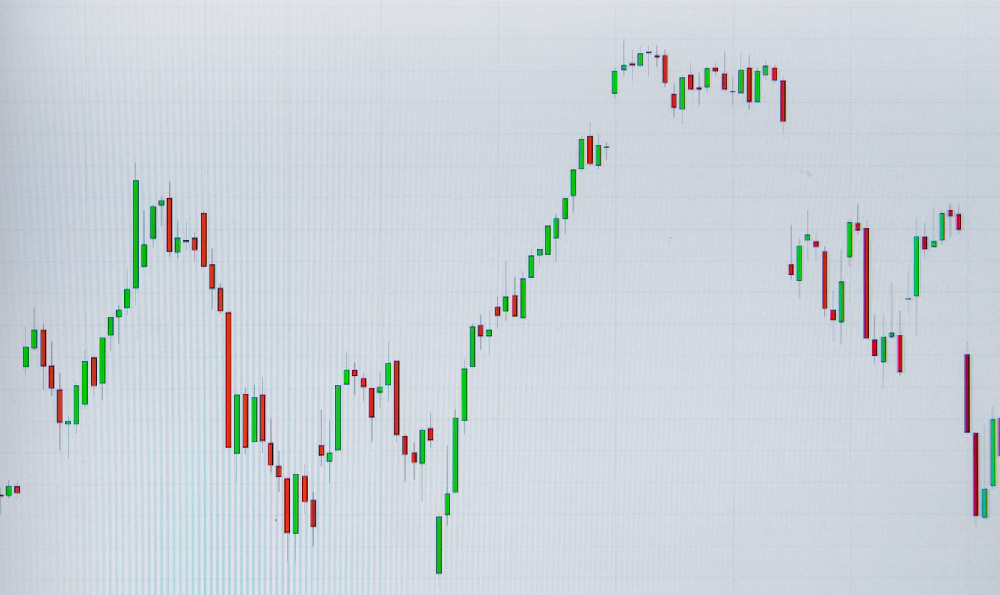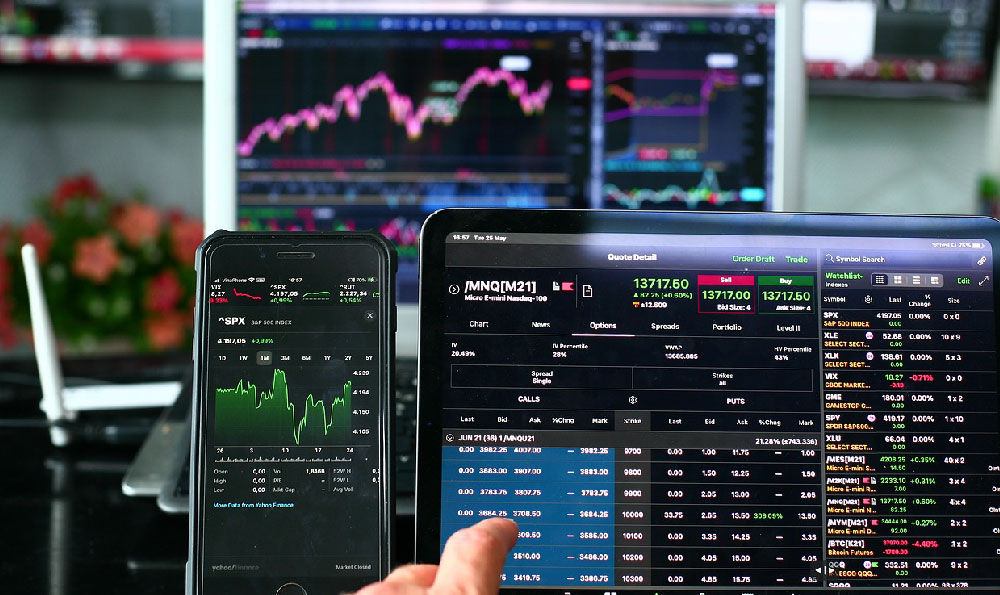how to make money as a musician 2024

In the ever-evolving landscape of 2024, the world of music has transformed into a dynamic ecosystem where creativity and innovation intertwine with financial opportunities. Whether you’re an independent artist or a seasoned musician, the key to profitability lies in adaptability, strategic thinking, and leveraging the tools at your fingertips. As the industry continues to shift with the rise of digital platforms and new technologies, it’s essential to explore unconventional and traditional avenues alike to sustain a career and generate income. Let’s delve into some of the most effective methods, unearthing the nuances that can make a difference in today’s digital age.
Streaming services remain a cornerstone for modern musicians, but their potential has expanded beyond mere playlist placements. Platforms like Spotify, Apple Music, and Tidal have introduced features such as exclusive content releases, dynamic playlists, and AI-driven recommendations that can elevate an artist’s visibility. However, the financial rewards from streaming alone are often modest, prompting musicians to diversify their revenue streams. A deeper understanding of platform-specific algorithms can help maximize exposure, while strategic collaborations with curators and influencers can funnel more listeners toward your work. Additionally, some artists are now experimenting with tiered subscription models or offering limited-time access to their music through platform-specific promotions, creating a sense of urgency that drives both engagement and earnings.
Direct engagement with audiences has become more critical than ever, especially with the proliferation of social media and online communities. Harnessing the power of these platforms allows musicians to cultivate a loyal fanbase, which in turn provides a stable source of income. From TikTok challenges to Instagram Live sessions, the possibilities for interaction are vast. While these activities are not monetized directly, they can serve as a gateway to other revenue-generating opportunities, such as exclusive merchandise sales or Patreon memberships. Moreover, the ability to create and share video content has opened new avenues for monetization, with platforms like YouTube allowing musicians to earn through ads, channel memberships, and branded content partnerships.

Monetizing music through physical and digital products continues to be a viable strategy, albeit with shifting consumer preferences. While traditional album sales have declined, the demand for unique merchandise, such as custom t-shirts, lyric books, or vinyl records, remains strong. In 2024, the creation of limited-edition items or artist-branded accessories has gained traction, allowing musicians to tap into niche markets. Additionally, offering high-quality audio or video content for a nominal fee can provide a steady income stream, especially when paired with exclusive access for fans who are willing to pay for premium experiences. However, the key to success lies in understanding your audience’s preferences and designing products that resonate with their values.
Collaborations with brands have become a lucrative opportunity for musicians, particularly when done with authenticity and strategic alignment. As consumers increasingly seek unique and personalized experiences, brand partnerships offer a way to create value while generating income. This requires a delicate balance between maintaining artistic integrity and leveraging commercial opportunities. Successful collaborations often involve shared values, ensuring that the partnership feels organic to both parties. For instance, partnering with eco-friendly brands or wellness companies can appeal to audiences who prioritize sustainability, while collaborations with tech companies or lifestyle brands can reach new demographics.
The integration of technology has revolutionized the way musicians can generate income, introducing new opportunities that were previously unimaginable. AI-driven platforms like Ampleforth allow musicians to create and distribute music with minimal technical barriers, while blockchain technology offers transparent royalty systems and direct fan engagement through NFTs. In 2024, the rise of AI-generated music has also opened discussions around royalty distribution, prompting musicians to explore how to protect their intellectual property. By staying informed about these advancements, musicians can harness technology to create innovative ways of monetizing their work, from virtual concerts to AI-assisted album production.
In a world where traditional gatekeepers are becoming less influential, musicians have the autonomy to shape their own income streams. While some may view this as a challenge, it also presents an unprecedented opportunity to explore unconventional methods. From live-streaming performances to selling behind-the-scenes content, the key is to remain adaptable and embrace the changing landscape of the music industry. In 2024, the most successful musicians are those who not only master their craft but also understand how to monetize it in ways that align with the interests of their audience and the trends of the digital age. By combining creativity with strategic financial planning, music can become a sustainable source of income, ensuring that talent is rewarded in a world that values innovation as much as artistry.















